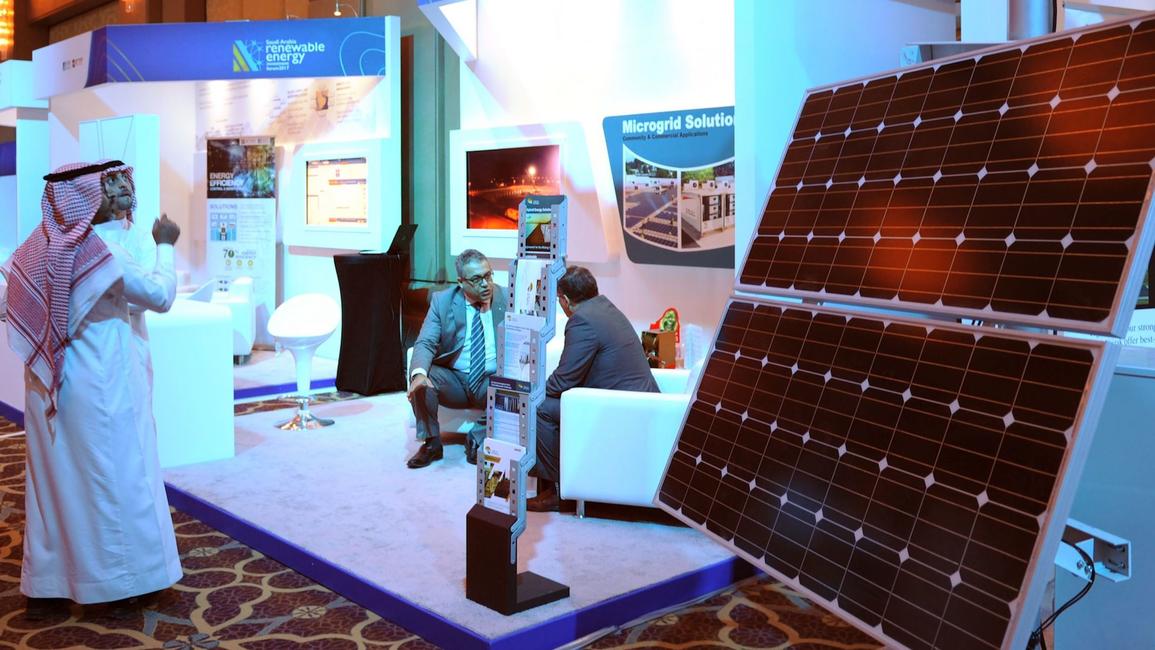Saudi Arabia goes clean with ambitious renewable energy goal
Saudi Arabia wants 10 percent of its electricity to come from renewable sources within several years as part of a transformation in its power sector, the energy minister said on Monday.
Khaled al-Falih said his country, the world's biggest oil exporter, will also sell renewable energy and its technology abroad.
At a forum seeking investment in the sector, he announced "30 projects to be implemented" in order to reach a goal of about 10 gigawatts of renewable energy production early next decade.
Virtually all of the kingdom's domestic power currently comes from crude, refined oil or natural gas.
But as part of an economic reform plan to wean the kingdom off oil, the government has embarked on what Falih called an "ambitious" renewables programme featuring solar and wind power.
He has said the projects could cost between $30 billion and $50 billion.
"The percentage of renewable energy by 2023 will represent 10 percent of the total electricity of the kingdom," he said at the start of the Saudi Arabia Renewable Energy Investment Forum.
"We are seeking for the kingdom, in the medium term, to become a nation that develops, manufactures and exports the advanced technologies of renewable energy production," he said.
|
"This is really transformational," he said, suggesting that the changes coming
Wind and solar
Falih said the energy sector is being completely restructured to include an autonomous board of regulators, and with privatised generation capacity.
He formally opened bids on the first 300-megawatt solar plant under the renewables plan.
The government has shortlisted 51 firms, most of them from abroad, for bidding on that plant and a 400-megawatt wind farm.
Another wind project will be launched in the fourth quarter of this year, followed by more solar projects, he told hundreds of delegates.
Government estimates say Saudi peak energy demand is expected to exceed 120 gigawatts by 2032.
Falih told the forum that nuclear power will also be part of the kingdom's energy mix.
But details are still being worked out, he told AFP on the sidelines of the two-day meeting.
"We haven't designed the program yet. We are working on various options, looking at regulations, establishing the regulatory framework first and making sure we have all the steps before we announce the capacities and the locations," he said.
"But it will be coming in due course."


![Minnesota Tim Walz is working to court Muslim voters. [Getty]](/sites/default/files/styles/image_684x385/public/2169747529.jpeg?h=a5f2f23a&itok=b63Wif2V)




![Debris near Rafic Hariri International Airport [Getty]](/sites/default/files/styles/image_330x185/public/2176162423.jpeg?h=a5f2f23a&itok=MCSK9mkM)
![An Israeli air strike on Jabalia killed teenage journalist Hassan Hamad [Screengrab/X]](/sites/default/files/styles/image_212x120/public/2024-10/hassan%20hamad1.jpg?h=c12e0b96&itok=KstD_5xk)
